The Church is going through “a wilderness time” but faith “calls us to trust that this is where the Spirit is leading us”, Archbishop of Dublin Dermot Farrell has said.
In his Chrism Mass homily in Dublin’s Pro Cathedral, Archbishop Farrell outlined some of the fruits of this wilderness, including becoming a humbler Church with greater participation of the faithful in the life and ministry of the Church.
“Priests and people are beginning to work in a more co-responsible way. The ‘chaplain’ who is a mother can minister in a way that complements the ministry of the priest. It is not either-or; it is both-and,” he said.
However, he acknowledged that for some things are moving slower than they would like. “Yes, there are different rates of ownership and participation. This is not an easy journey. But real journeys are rarely straightforward, and they always take time,” he said.
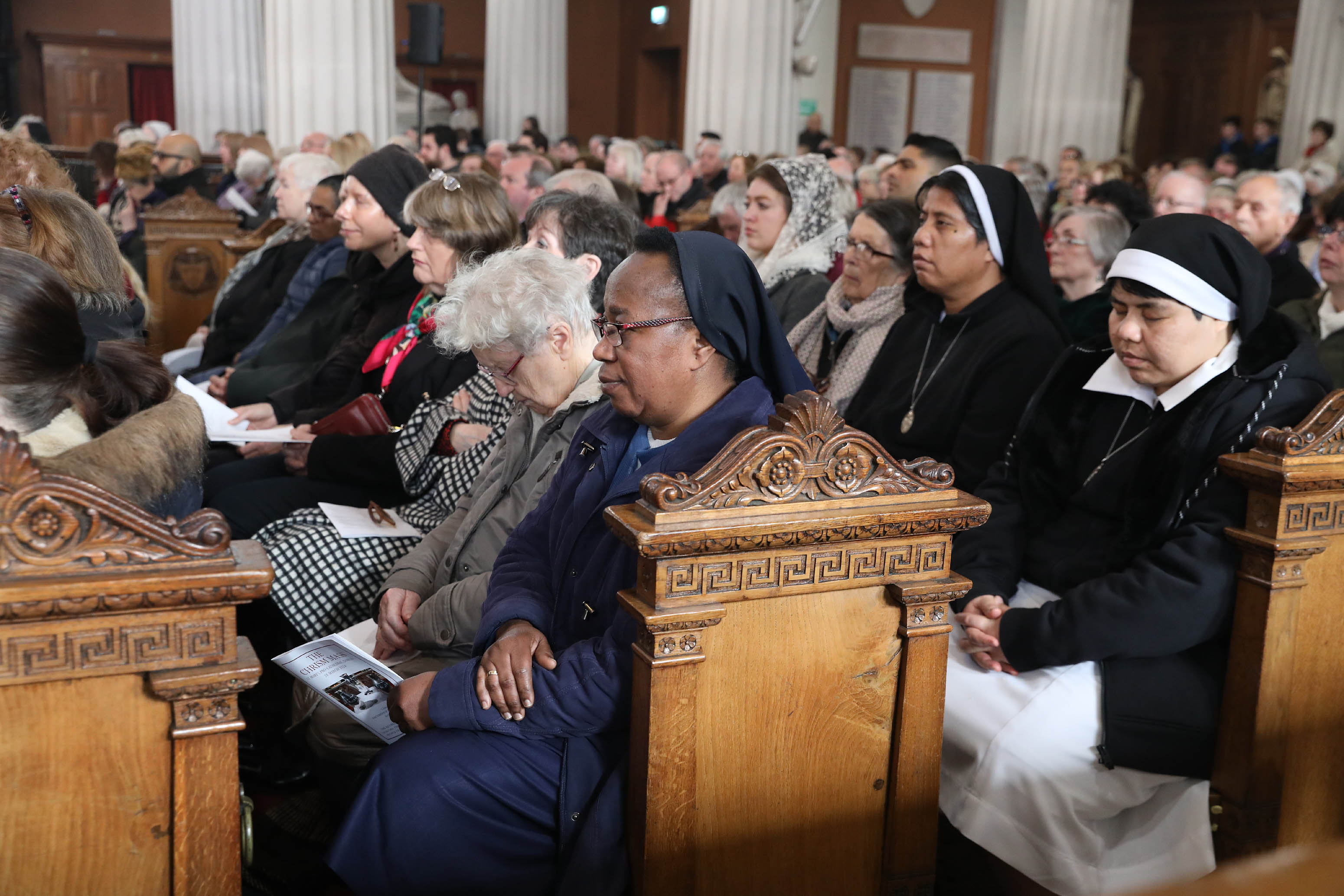
Another fruit of this wilderness time is the changing vision of priesthood.
“In life, crises bring people to a sense of reality; in Church life it is no different. The ‘vocations crisis’ across the developed world has brought into sharp relief that priesthood, while sacramental, is more than sacramental ministry; priesthood is also about the charism of leadership. The priest is called from among God’s people to leadership and service.”
However, the Archbishop, whose diocese is the largest in the Irish Church with 197 parishes, warned, “It is not feasible to have ever larger parishes with fewer and fewer priests. The constraint of numbers is bringing us to see more clearly what lies at the heart of priesthood in our tradition.”
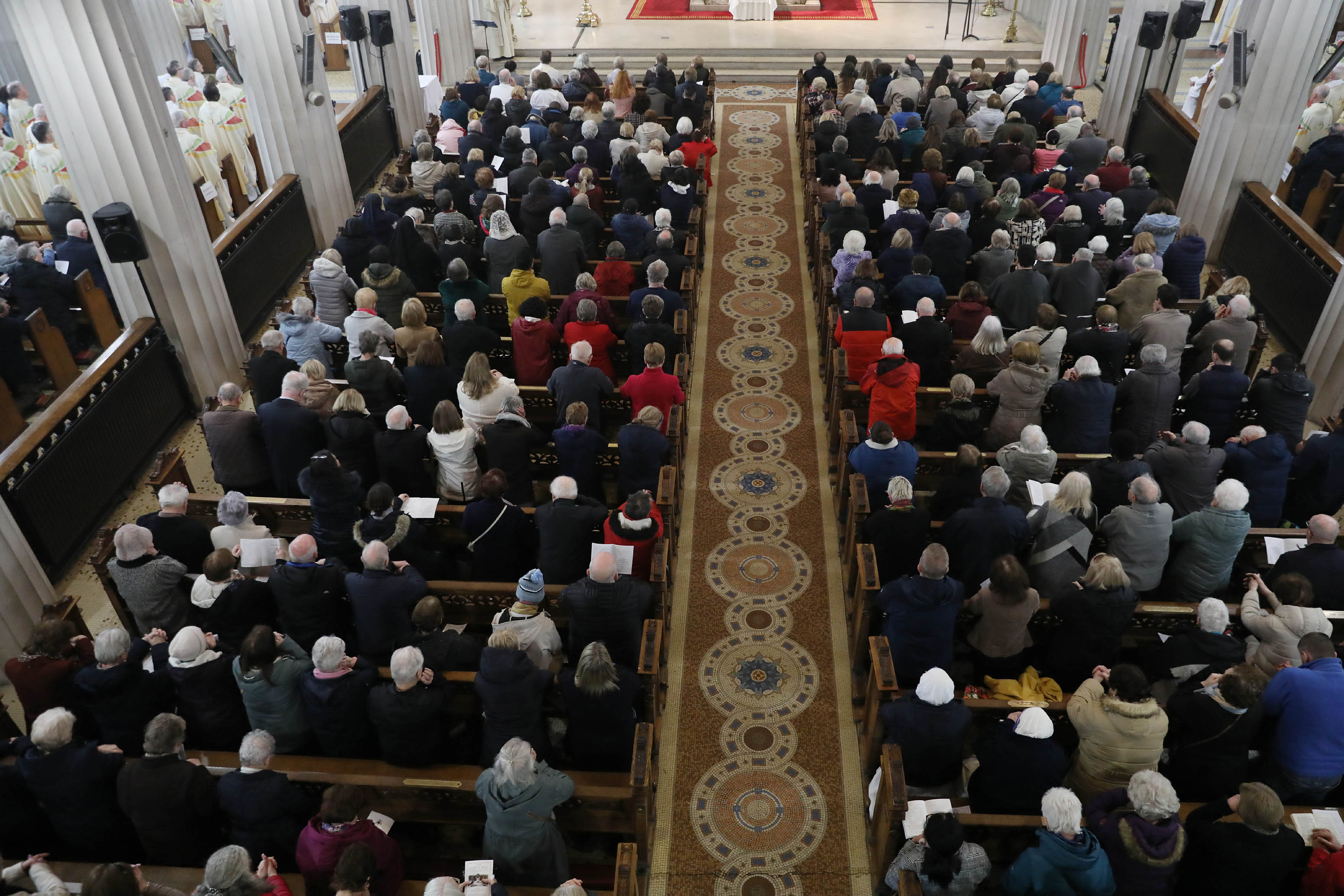
He highlighted that there would remain a tension between, on the one hand, discerning where the Spirit is leading the Church into the future and, on the other hand, acknowledging the “draw of the past, and of our traditions, which have given so much expression to who we are”.
The Archbishop of Dublin reiterated his St Patrick’s Day message that many of the pastoral approaches and strategies of mission that worked for the Church in Ireland over the last two centuries no longer work in the 21st century.
He highlighted Pope Francis’ call for the Church to be one that finds new roads, that is able to step outside itself and go to those who do not practice, to those who have left [the Church] or are indifferent.
Separately, Bishop Brendan Leahy of Limerick has said that Easter, the most sacred liturgical week of the Christian calendar, tells the faithful that life is a journey. “That there will be hardships. There will be crosses to bear. It tells us that there are people who will always be with us, to help us, to carry any cross we are given; our family, our friends.”
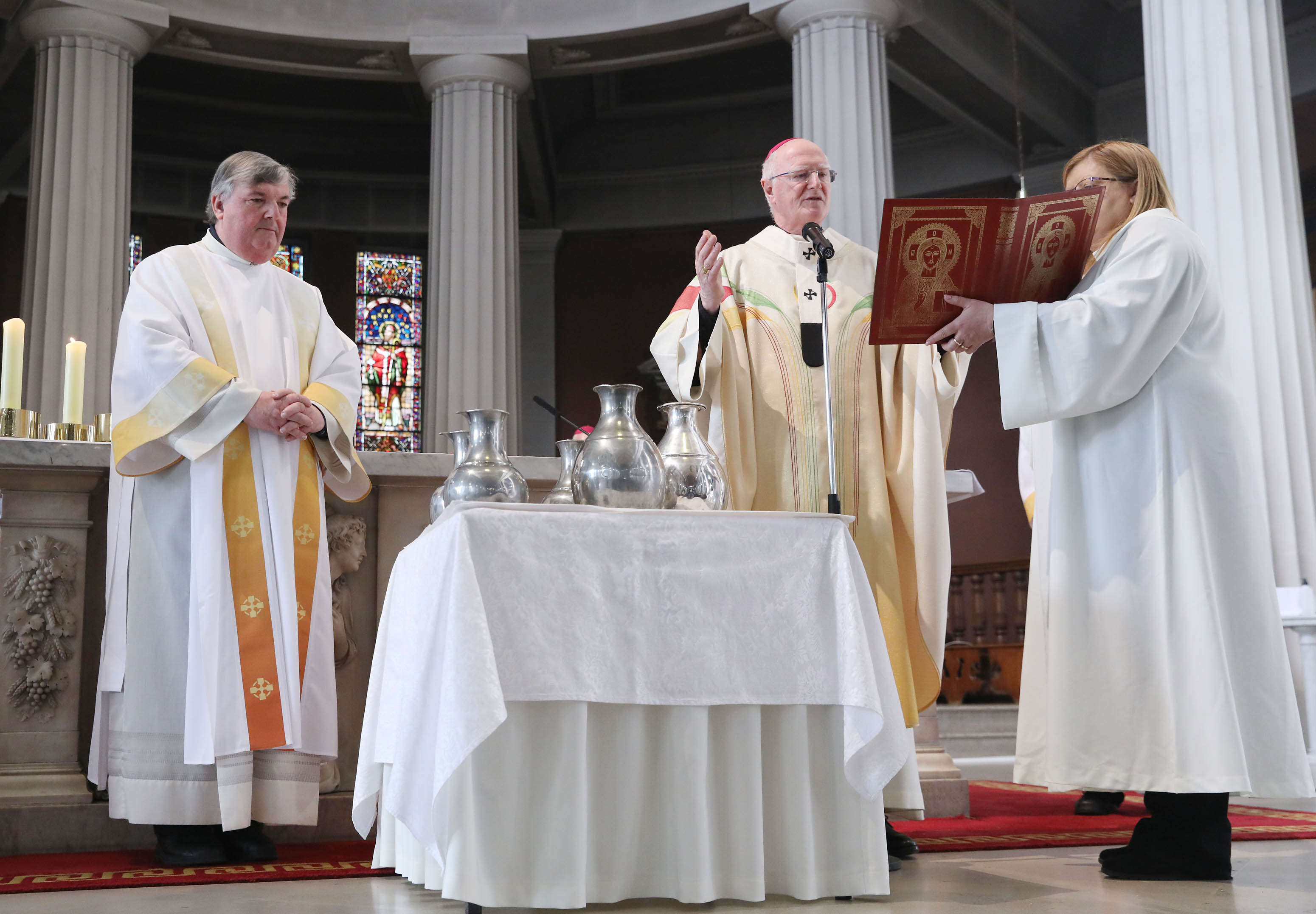
“It tells us that there is always hope. Hope of new beginnings. Hope given to us by the great Risen Lord. Above all, it tells us that God is always with us,” Bishop Leahy said.
In Sligo, Bishop Kevin Doran admitted that, “Many of us who are older grew up in communities where the priest was expected to do everything, be everywhere, and in the process to control everything.”
But he added, in a Church where all of us are anointed with Chrism and entrusted with mission, that was an unhealthy and unbalanced view of things. It tended to block the development of so many of the gifts and fruits that the Spirit brings.
In more recent times, especially in the context of the Church’s synodal conversations, it has become increasingly clear that what is called for in the Church is what is being described as “differentiated co-responsibility”.
“Priests are anointed in the Spirit of Isaiah and of Jesus to proclaim good news and to celebrate that with the people in the Eucharist and in the Sacraments. But the anointing of priests is not at odds with the anointing that is given to all of us, using the same Chrism, in Baptism and Confirmation,” Bishop Doran said.
“In fact the mission entrusted specifically to priests, is to serve and to promote what Pope Francis calls the missionary discipleship of all of God’s people, so that together we build up the Body of Christ, becoming a holy people, and making present in the world today the liberating power of God’s love.”
Elsewhere in his Chrism homily at the Cathedral of the Immaculate Conception, Sligo, Bishop Doran criticised the push for assisted dying.
“It is understandable that people facing chronic or terminal illness sometimes feel that they might be better off if they were dead. But a society which has nothing more to offer to people than to assist them in ending their own lives, has really lost its way,” he said.
He added that through the time spent with the sick, listening to them, providing essential care, sharing memories, and, perhaps, praying with them, we continue the healing ministry of Jesus and “bear witness in action to the fact that there is no such thing as a life without value.”

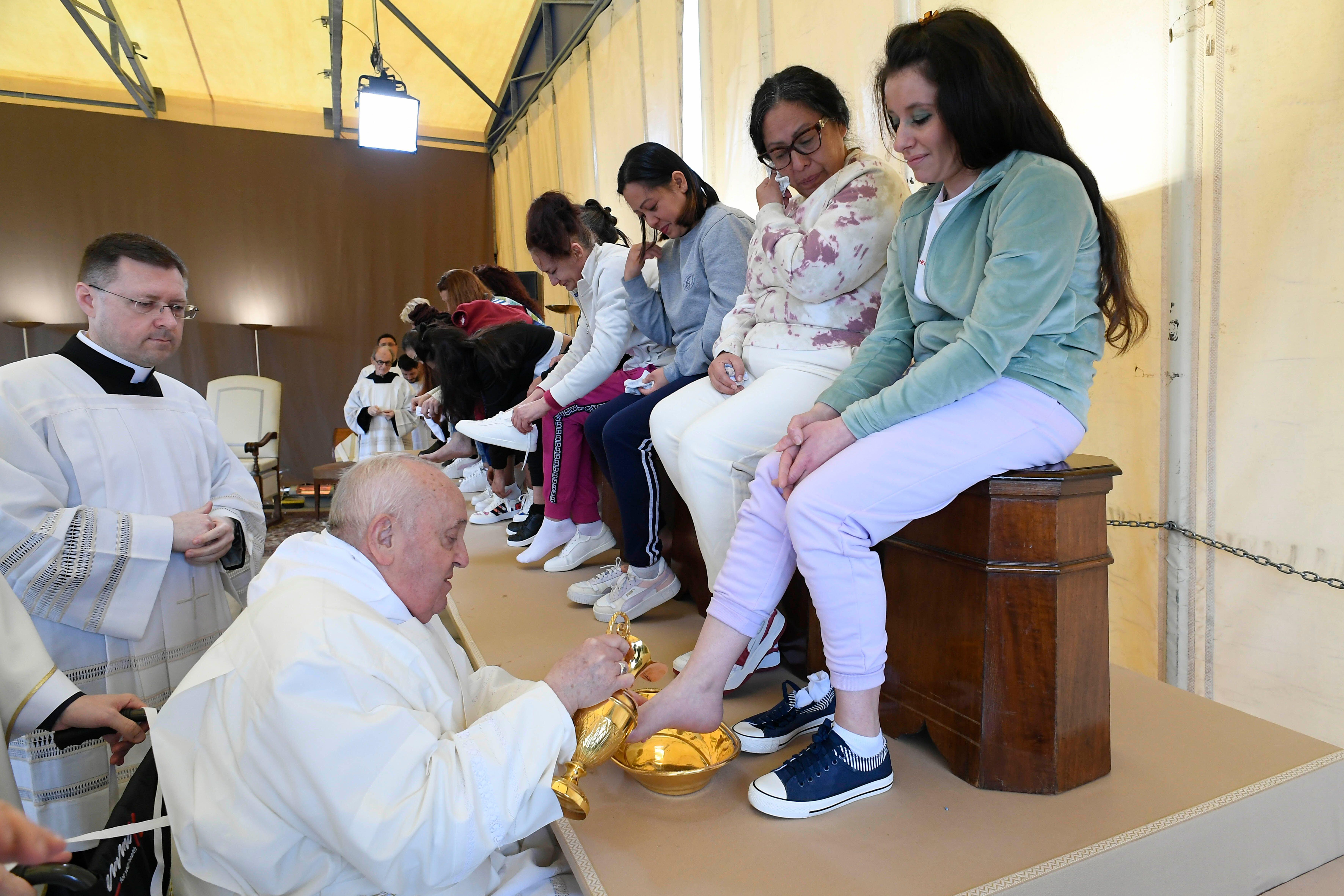
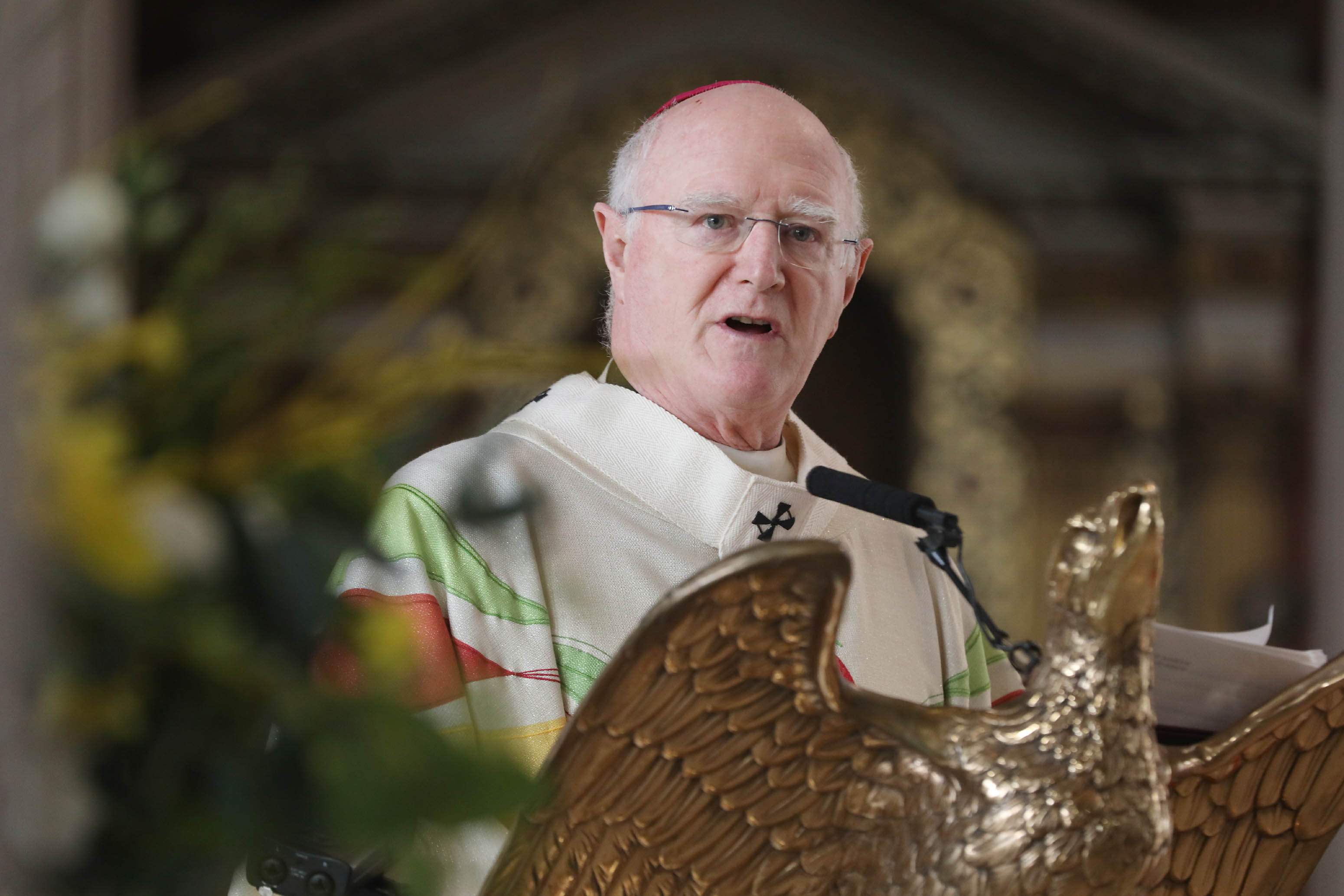
 Loading ...
Loading ...